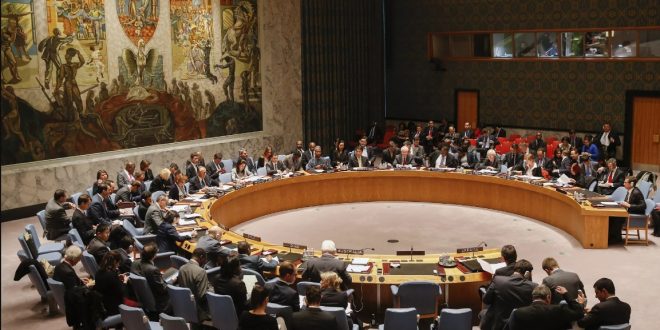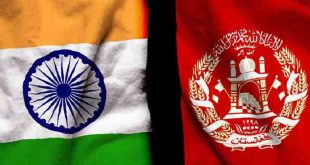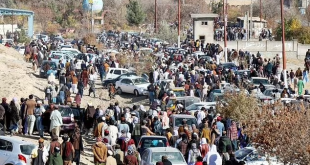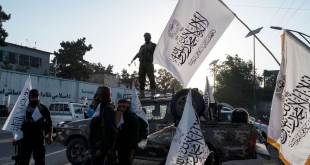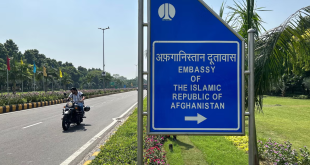AT News
KABUL – In a landmark move, the United Nations Security Council has adopted a resolution, calling on the Secretary-General to appoint a Special Envoy for Afghanistan. The resolution, passed with overwhelming support, emphasizes the need for the envoy to possess robust expertise in human rights and gender issues. The Security Council reaffirmed its unwavering support for the United Nations Assistance Mission in Afghanistan (UNAMA) and its Special Representative.
The resolution further underscores the critical objective of achieving a peaceful and fully reintegrated Afghanistan, emphasizing the importance of international engagement in a coordinated manner. In response to an independent assessment on Afghanistan, the Council encourages member states and relevant stakeholders to consider implementing recommendations, particularly those aimed at enhancing international cooperation.
Highlighting the Council’s commitment to the rights of Afghan women, the resolution stresses the necessity of their full and meaningful participation in the peace process. The Secretary-General’s intention to convene the next meeting of Special Envoys and Special Representatives on Afghanistan was also welcomed, with a request for a briefing on the outcomes within 60 days.
Expressing determination to address a wide range of issues, including engaging more coherently with Afghanistan, the Council’s resolution signals a new strategy. Yamazaki Kazuyuki, representing Japan and the United Arab Emirates, spoke before the vote, emphasizing the extensive consultations that led to the resolution. He stated that the international community’s commitment to a peaceful, stable, prosperous, and inclusive Afghanistan remains steadfast despite ongoing challenges.
Lana Zaki Nusseibeh of the United Arab Emirates, speaking after the vote, praised the collaborative effort behind the resolution but expressed deep concern over the Taliban’s recent ban on girls attending school. She urged compromises and highlighted the resolution’s practical approach to address Afghanistan’s challenges.
Lisa Browne from the United States emphasized Washington’s commitment to promoting peace and stability in Afghanistan. However, concerns were raised over the Taliban’s policies against women and girls, hindering normalized relations with the international community. The establishment of a Special Envoy for Afghanistan was welcomed as a means to coordinate efforts for progress.
Barbara Woodward of the United Kingdom urged Council members to capitalize on the momentum generated by the independent assessment. She emphasized the Taliban’s responsibility to meet international commitments, especially regarding women’s rights, and encouraged all stakeholders to implement the assessment’s recommendations.
In response, Geng Shuang of China stressed the importance of thorough communication with Afghanistan before taking actions such as appointing a Special Envoy. He cautioned against externally imposed solutions, emphasizing the need for full communication with Afghan authorities.
Anna M. Evstigneeva of the Russian Federation, while abstaining from the vote, called for pragmatic consultations with Afghanistan’s de facto authorities to ensure peace and stability. She warned against imposing external agendas on Afghanistan.
Nicolas De Rivière of France underlined the significance of a unified strategy and pledged France’s contribution to a road map for Afghanistan’s reintegration. He condemned the Taliban’s persecution of Afghans and reaffirmed a commitment to ensuring the international community upholds demands, particularly regarding women’s rights.
 Afghanistan Times
Afghanistan Times
